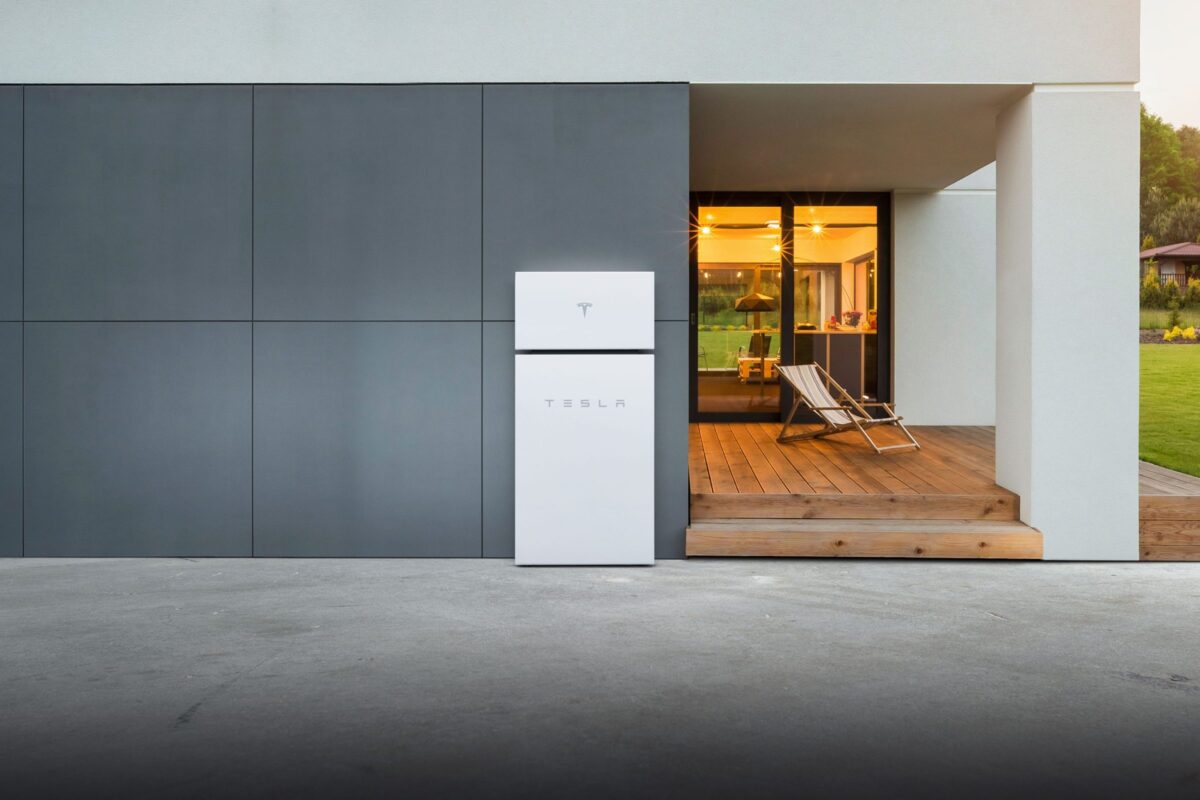The pv magazine USA tour of solar incentives state by state now takes us to the south Atlantic states, stopping off in Georgia.
Georgia ranks 7th nationally in the Solar Energy Industries Association (SEIA) solar deployment tracker, with over 4.3 GW installed to date. The state holds over 4,400 solar jobs, houses 176 solar businesses, and roughly 4% of the state’s total electricity comes from solar energy.

The state currently has enough solar capacity to power over 500,000 homes. SEIA projects the state will install nearly 2 GW over the next five years, ranking it 16th in the nation over that period.
Solar policies
The Georgia Public Service Commission (PSC) recently approved investor-owned utility Georgia Power’s Integrated Resource Plan (IRP), a forward-looking roadmap for the utility that is released every three years. The plan calls for the retirement and decertification of all but two of the utility’s coal burning facilities by 2028, and replacing that capacity with 2.3 GW of renewable energy along with 500 MW of battery energy storage. And the plan is even more ambitious for the future, with an anticipated 9 GW of renewables by 2035.
Georgia Power’s IRP also includes proposals for the creation of distributed energy resource (DER) and income-qualified community solar pilot programs. The DER program would enable participating customers to receive a resiliency service via a company-owned, operated and maintained DER. Participating customers could elect to receive a credit in exchange for the company’s ability to access the DER for the benefit of all customers during a system reliability event, like peak demand reduction or load-shifting.
The community solar pilot program would provide income-qualified customers access to Community Solar generated energy at discounted prices. The discount would be made available by participating corporate sponsors who would receive corresponding Renewable Energy Certificates (RECs).
In addition, the PSC voted unanimously to create a collaborative “Distributed Generation Working Group.” The group is expected to be comprised of representatives from utilities, the solar industry, and PSC staff, which will develop recommendations for growing the distributed energy market in Georgia.
A net metering policy was spelled out in Georgia Power’s 2019 rate case, enabling Georgia Public Service Commission to offer net metering with monthly netting to 5,000 rooftop solar customers or 32 MW of capacity, whichever comes first. Georgia allows for net metering on residential systems of up to 10 kW or commercial of up to 100 kW commercial. A full list of Georgia state incentives for solar can be found here.
Notable installations
RWE Renewables activated the Hickory Park Solar project, a 195.5 MW solar facility with 40 MW, two-hour battery energy storage co-located. The project is located in Mitchell County Georgia, and RWE is the operator/manager of the facility, selling energy and renewables certificates to utility Georgia Power through its Renewable Energy Development Initiative (REDI) program. It will sell power to the utility has part of a 30-year power purchase agreement.
The project uses 650,000 solar panels covering 1,800 acres. Its integrated a DC-coupled storage system that allows the project’s energy yield to be optimized and increases the predictability of the facility’s energy supply.
Commercial installations have been completed by some well-known retailers such as Anheuser-Busch and Ikea. Ikea installed a 1 MW solar system at its location in Port Wentworth.
The last stop on the pv magazine tour of the 50 states of solar was South Carolina, and next we will continue to travel through the sunny South Atlantic, stopping off in Florida.
This content is protected by copyright and may not be reused. If you want to cooperate with us and would like to reuse some of our content, please contact: editors@pv-magazine.com.









By submitting this form you agree to pv magazine using your data for the purposes of publishing your comment.
Your personal data will only be disclosed or otherwise transmitted to third parties for the purposes of spam filtering or if this is necessary for technical maintenance of the website. Any other transfer to third parties will not take place unless this is justified on the basis of applicable data protection regulations or if pv magazine is legally obliged to do so.
You may revoke this consent at any time with effect for the future, in which case your personal data will be deleted immediately. Otherwise, your data will be deleted if pv magazine has processed your request or the purpose of data storage is fulfilled.
Further information on data privacy can be found in our Data Protection Policy.